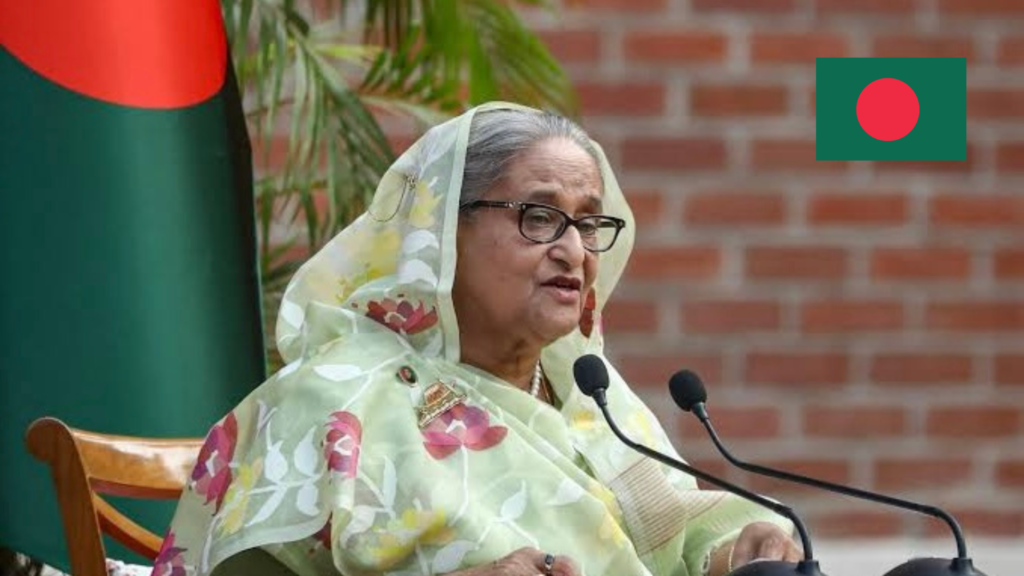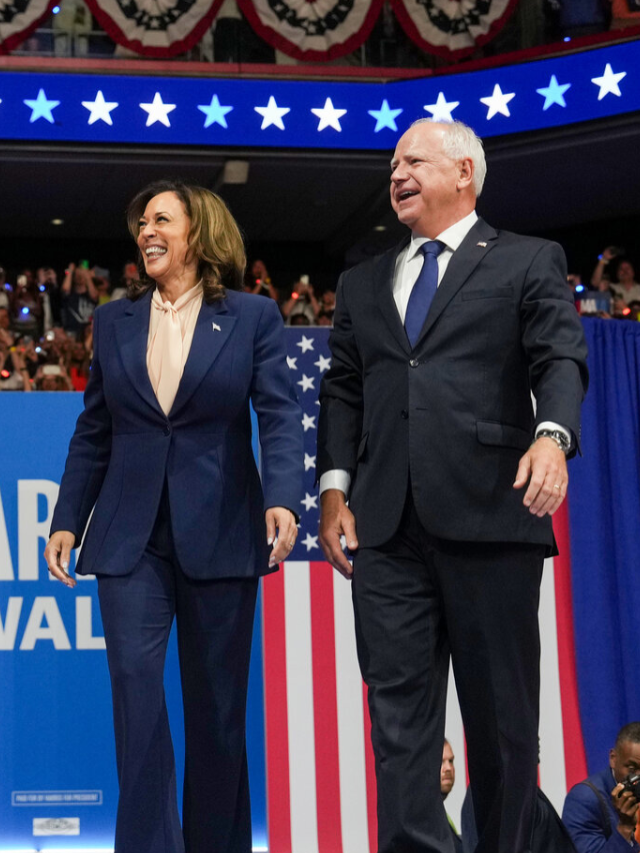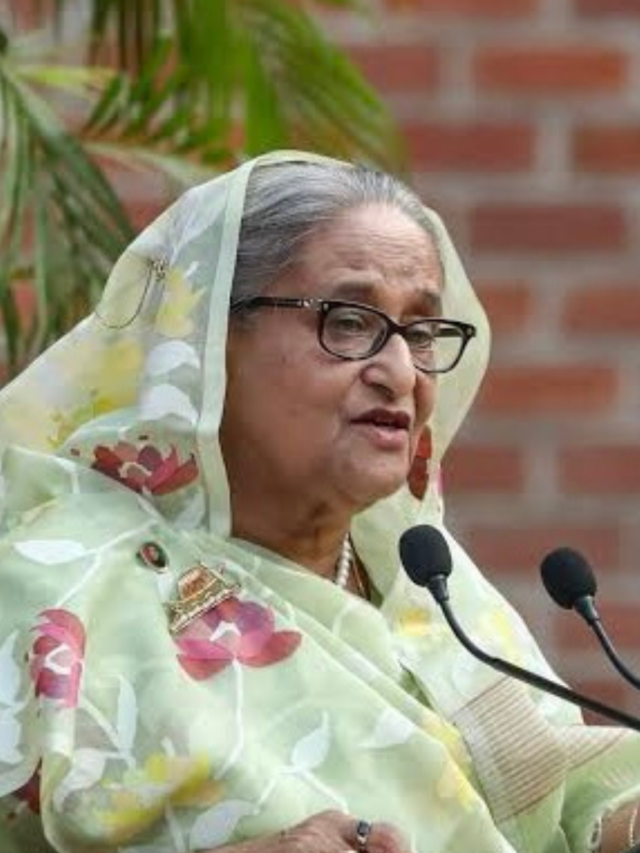No products in the cart.
In recent weeks, the world’s attention has been drawn to Bangladesh as the nation grapples with a severe political crisis. The unexpected resignation and departure of Prime Minister Sheikh Hasina, amidst widespread protests and violence, have not only destabilized the country’s internal politics but also sparked a flurry of diplomatic activity on the international stage. This article examines the multifaceted response of the global community to this unfolding situation, highlighting the complex interplay of diplomatic, strategic, and humanitarian concerns.
The United Nations: A Call for Peace and Democracy
At the forefront of the international response, the United Nations has taken a firm stance on the situation in Bangladesh. UN Secretary-General António Guterres has expressed deep concern over the loss of life during the protests, emphasizing the critical need for a peaceful, orderly, and democratic transition of power.
The UN’s approach reflects its mandate to promote global peace and stability. By calling for calm and restraint from all parties involved, Guterres is attempting to de-escalate tensions and create space for dialogue. Moreover, the UN’s emphasis on respecting human rights and democratic processes underscores the organization’s commitment to universal values that transcend national boundaries.
Perhaps most significantly, the UN has stressed the necessity of an independent, impartial, and transparent investigation into the violence that has occurred. This call for accountability is crucial, as it sends a clear message that the international community is watching and that actions contrary to democratic norms and human rights will not go unscrutinized.
The United States: Balancing Values and Interests
The United States finds itself in a delicate position as it responds to the crisis in Bangladesh. The situation is complicated by the U.S.’s recent history of imposing sanctions on Bangladesh’s Rapid Action Battalion (RAB) due to human rights violations. This backdrop adds an extra layer of complexity to the U.S. response, as it must balance its stated commitment to democratic values and human rights with its strategic and economic interests in the region.
The ongoing unrest in Bangladesh presents both challenges and opportunities for U.S. foreign policy. On one hand, it provides an opportunity for the U.S. to reinforce its stance on human rights and democracy. On the other, it risks further straining relations with a strategically important nation in South Asia.
As the situation develops, there is speculation about potential additional U.S. actions, including the possibility of further sanctions or visa restrictions. These tools of diplomacy could be used to exert pressure on key actors in Bangladesh, encouraging a return to democratic governance and respect for human rights. However, their use must be carefully calibrated to avoid unintended consequences that could further destabilize the region or push Bangladesh closer to rival powers.
India: Regional Stability at Stake
For India, the crisis in Bangladesh represents a significant diplomatic challenge with potential far-reaching consequences. India had cultivated a strong working relationship with Prime Minister Hasina’s government, and the current instability threatens to unravel years of diplomatic effort.
India’s concerns are multifaceted. Economically, the crisis could disrupt bilateral trade relations, which have been growing in recent years. In terms of security, India fears that instability in Bangladesh could have spillover effects, particularly in its northeastern states, which share a border with Bangladesh.
Perhaps most worryingly for Indian policymakers is the potential resurgence of anti-India sentiments within Bangladesh. Historical tensions and complex geopolitical dynamics make this a real possibility, especially if the political vacuum is filled by forces less friendly to Indian interests.
India’s response to the crisis will need to be nuanced and carefully considered. While it will likely continue to advocate for stability and democratic processes, it must do so in a way that doesn’t appear to be interfering in Bangladesh’s internal affairs – a delicate balancing act that will test the skill of Indian diplomats.
The Broader International Community
Beyond these key players, the broader international community is closely watching the developments in Bangladesh. Regional organizations, such as the South Asian Association for Regional Cooperation (SAARC), may play a role in mediating the crisis. Additionally, other major powers with interests in the region, such as China and Russia, are likely formulating their own responses based on their strategic calculations.
International financial institutions, including the World Bank and the International Monetary Fund, will also be monitoring the situation closely. Political instability often has economic repercussions, and these organizations may need to reassess their engagement with Bangladesh depending on how events unfold.

Sheikh Hasina Wajid. Photo @ reuters.com
A Test for Global Diplomacy
The political crisis in Bangladesh serves as a critical test for international diplomacy in the 21st century. It highlights the challenges of promoting democracy and human rights while respecting national sovereignty. It underscores the delicate balance between idealism and realpolitik in foreign policy. And it demonstrates the interconnectedness of our global community, where a crisis in one nation can have far-reaching implications for regional stability and international relations.
As the situation continues to evolve, the effectiveness of the international response will be crucial. The ability of global actors to influence events positively, without exacerbating tensions or being perceived as meddling, will be a true test of diplomatic skill.
The coming weeks and months will be critical not only for the future of Bangladesh but also for the credibility and efficacy of international diplomacy in managing such crises. The world watches and waits, hoping for a peaceful resolution that respects the will of the Bangladeshi people and contributes to long-term stability in South Asia and beyond.
Further Reading:
- Bangladesh: What’s next after PM Sheikh Hasina forced out? – DW
- Bangladesh Protests: PM Sheikh Hasina Resigns, Flees – India TV News
- Bangladesh Protests Live Updates – Al Jazeera
Continue Reading:






